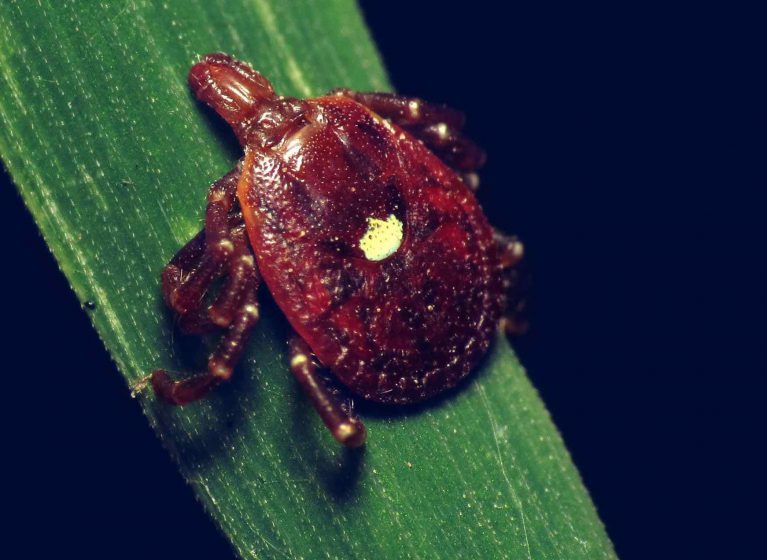The good news: Invasive fire ants found in the Gulf Coast and Texas likely are limiting the spread of an allergy to red meat transmitted by tick bites.
The bad news: The fire ants have a nasty bite and can cause severe allergic reactions of their own.
I’ve told you about the meat allergy previously. Our Thomas Platts-Mills, MD, PhD, first identified this strange allergy years ago. He found that the bite of the lone star tick can sensitize people to a sugar found in mammalian meat. After getting bitten by this tick, people who have enjoyed hamburger or pork all their lives can suddenly develop an allergic reaction to it. This reaction can manifest as an itchy rash, nausea or difficulty breathing. In severe cases, it can cause life-threatening anaphylaxis.
Since his discovery, Dr. Platts-Mills and his colleagues have sought to better understand the allergy and, now, map out its extent across the United States. Their latest work reveals the strange role of fire ants in limiting its spread.
The researchers surveyed allergy practices across the country about how many patients they see with the meat allergy. After collecting reports from 44 states, the researchers found there were few cases in the Gulf Coast or Texas. This came as a surprise, because the lone star tick is reported on maps of the area produced by the federal Centers for Disease Control.
This same territory is home to invasive fire ants accidentally imported from South American decades ago. So the researchers again surveyed allergists about allergic reactions caused by the fire ant. They overlaid their results, and voila: Areas with the most fire ant cases had the lowest presence of the meat allergy.
That suggests that the fire ants are either preying on or somehow competing with the lone star ticks, the researchers tell me. The ants are spreading northward, so they likely will help limit the meat allergy in the Southeast and Mid-Atlantic as they do so. But, unfortunately, they will bring their bite with them.
